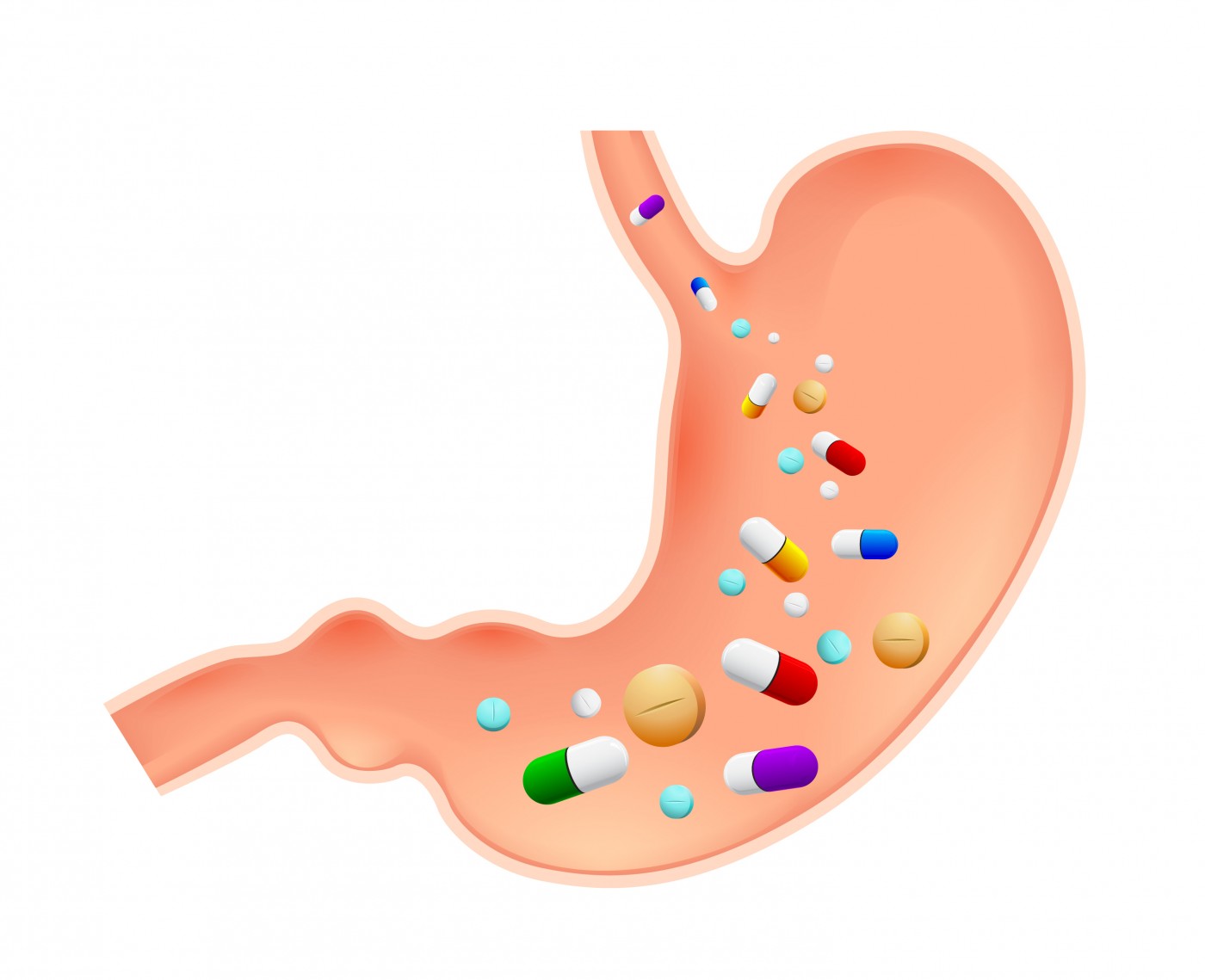 A new treatment for Crohn’s disease is showing promise in clinical trials. Giuliani, an Italian pharmaceutical company, conducted a phase 2 clinical study of more than 150 adult patients with Crohn’s disease and found that a significant number experienced remission of their inflammatory bowel disease after only 28 days of treatment with Mongersen.
A new treatment for Crohn’s disease is showing promise in clinical trials. Giuliani, an Italian pharmaceutical company, conducted a phase 2 clinical study of more than 150 adult patients with Crohn’s disease and found that a significant number experienced remission of their inflammatory bowel disease after only 28 days of treatment with Mongersen.
“There was a pretty high remission rate in a short period of time,” commented Dr. Raymond Cross, a gastroenterologist at the University of Maryland Medical Center, who was not involved in the study, in a news release. “That’s pretty impressive.”
Giuliani’s new drug, Mongersen, is unique from other biologic treatments for Crohn’s disease, such as Remicade and Humira, because it is a pill and the others are injections. According to Dr. Cross, mongersen may also be safer than other medications, but “You can’t really assess safety in two weeks,” he said.
Mongersen, which is under contract to Dublin-based Nogra Pharma, is a SMAD7 antisense oligonucleotide. The drug targets SMAD7 proteins in the ileum and colon to increase TGF-β1, which is a immunosuppressive cytokine that can attenuate Crohn’s disease-related inflammation. As an oral medication, mongersen has maximal drug release of the active compound at the site of the inflamed digestive track.
In the study report, “Mongersen, an Oral SMAD7 Antisense Oligonucleotide, and Crohn’s Disease,” which was published in The New England Journal of Medicine, 55% of patients receiving a 40-mg dose of mongersen experienced clinical remission by day 15, and 65% of patients receiving a 160-mg dose experienced remission. Only 10% of patients receiving a placebo treatment experienced remission.
“These findings are exciting,” stated Dr. Cross, “but they are preliminary.” Future studies are needed to establish the optimal dose of mongersen and see if patients experience remission in the long-term, past the secondary endpoint of 28 days.
If mongersen is effective, it may bring relief to the 700,000 Americans living with Crohn’s disease. Although some therapies exist, patients may develop antibodies against the biological drugs, eliminating any therapeutic benefits. According to Dr. Giovanni Monteleone, lead researcher on the study at the University of Rome Tor Vergata, many biological medications can have serious side effects of infection and psoriasis in the skin. Patients taking mongersen experienced minimal adverse events, and those events were related to worsening Crohn’s disease symptoms.

